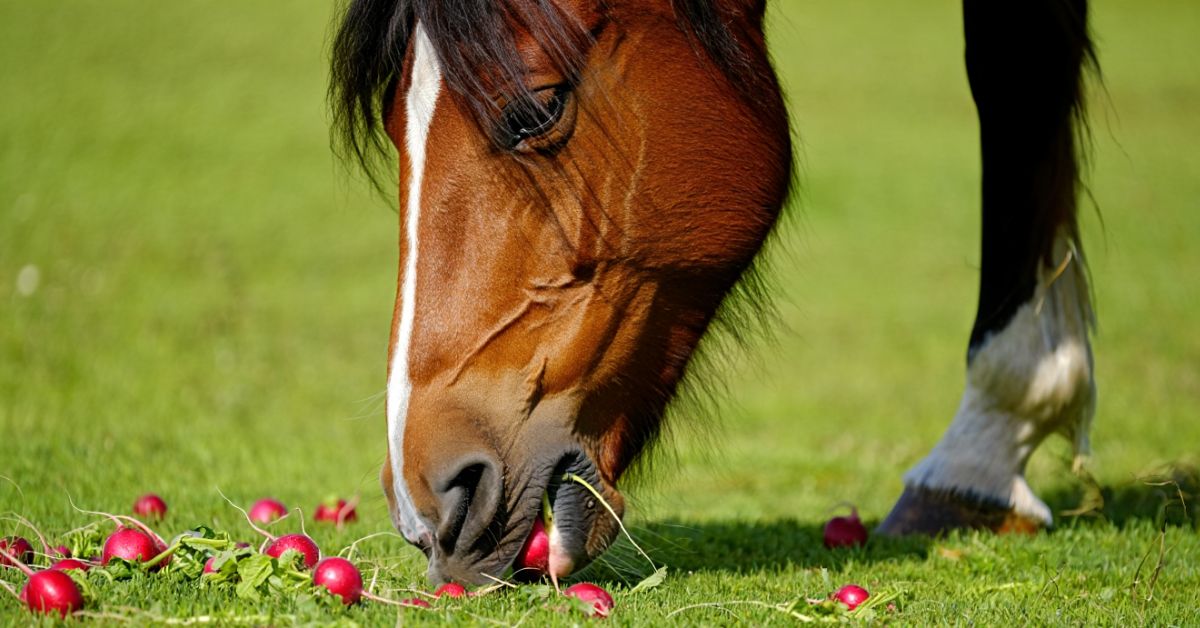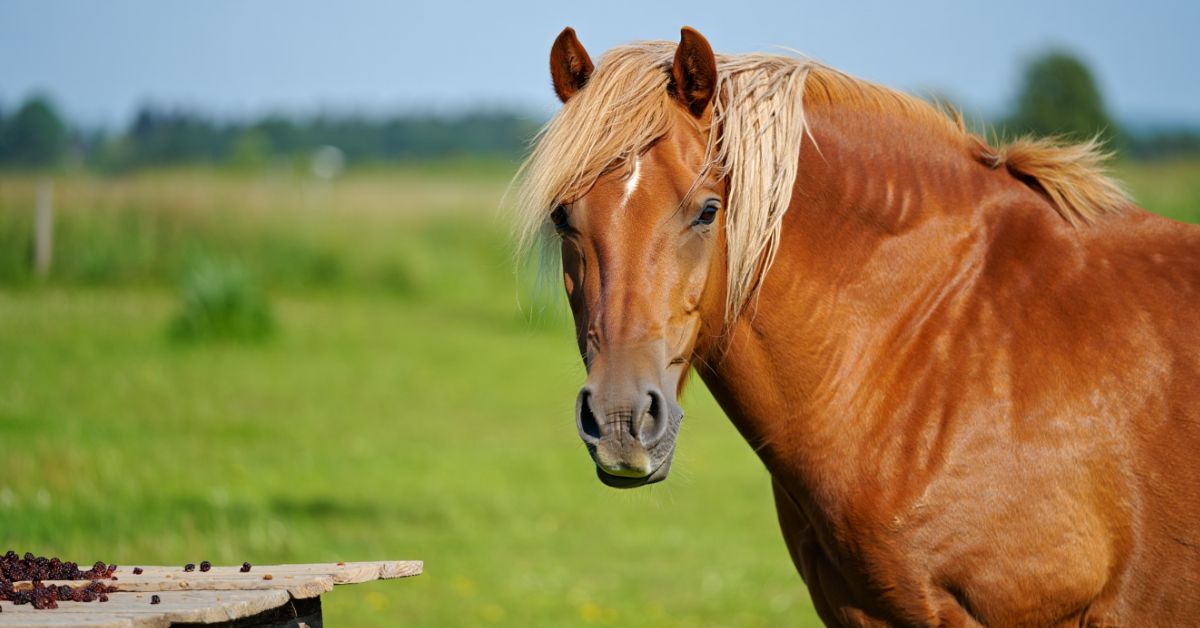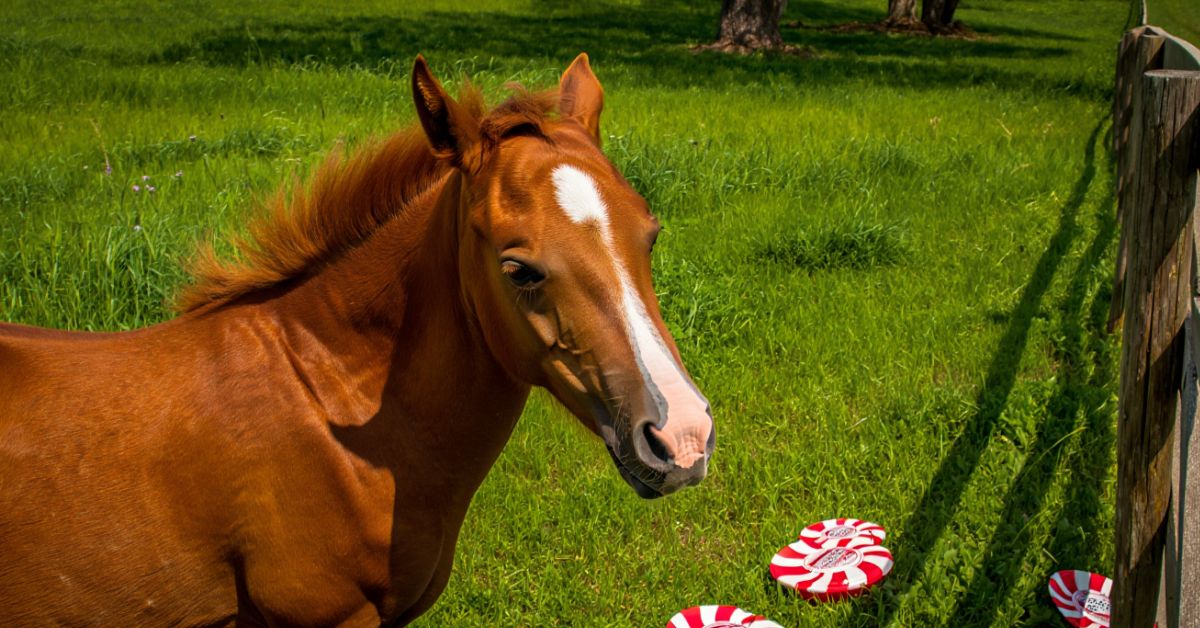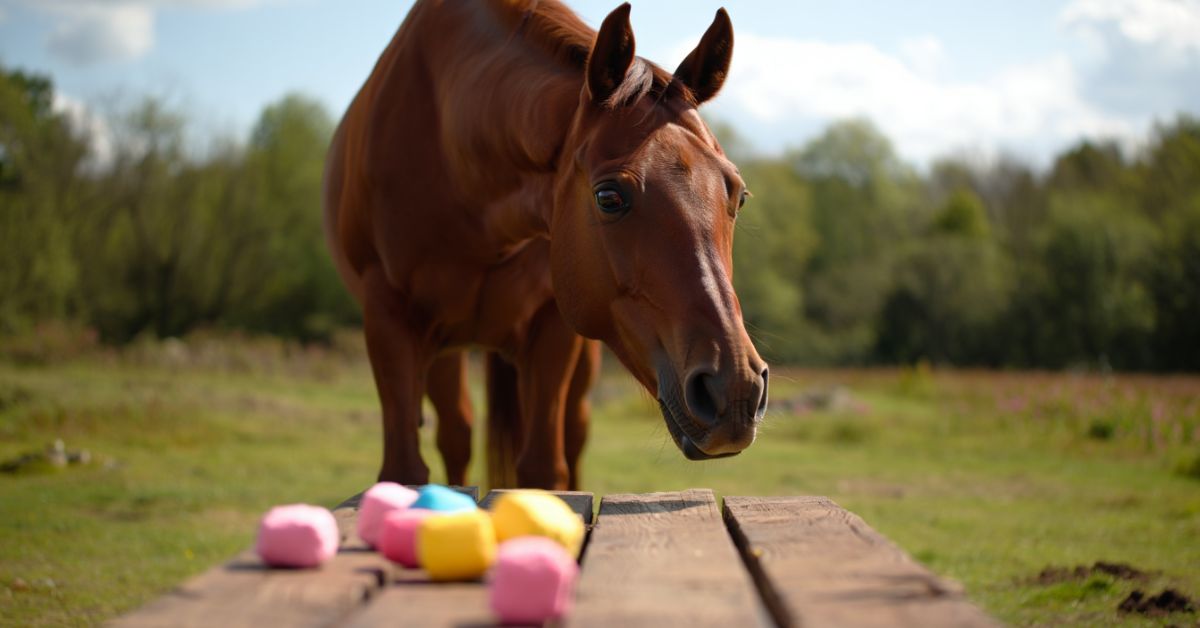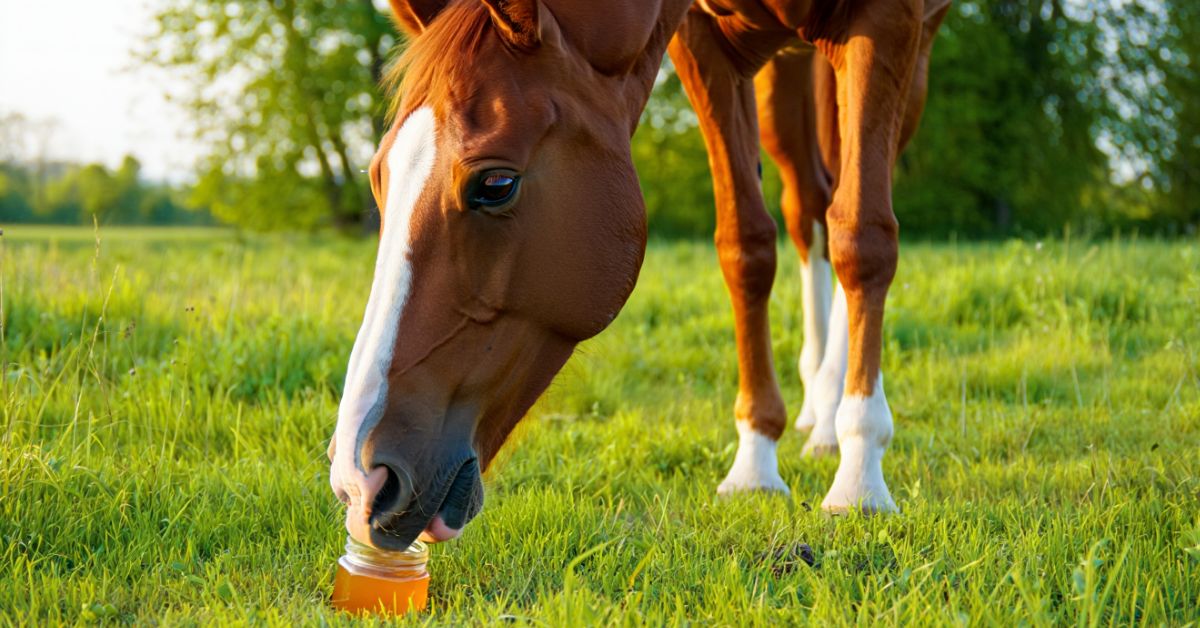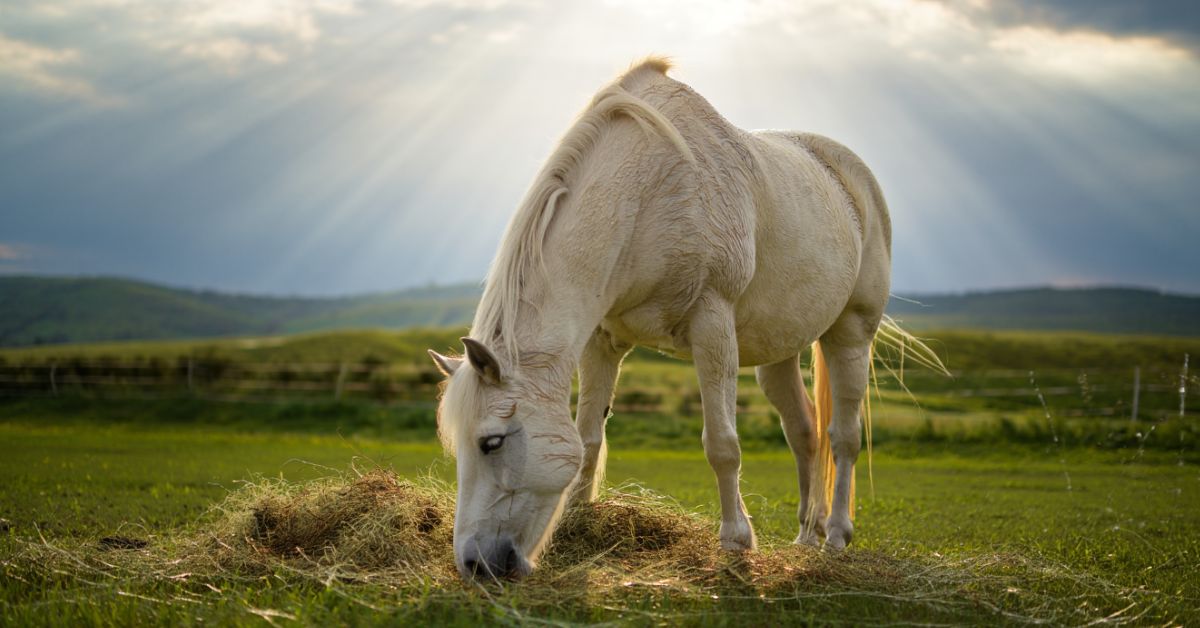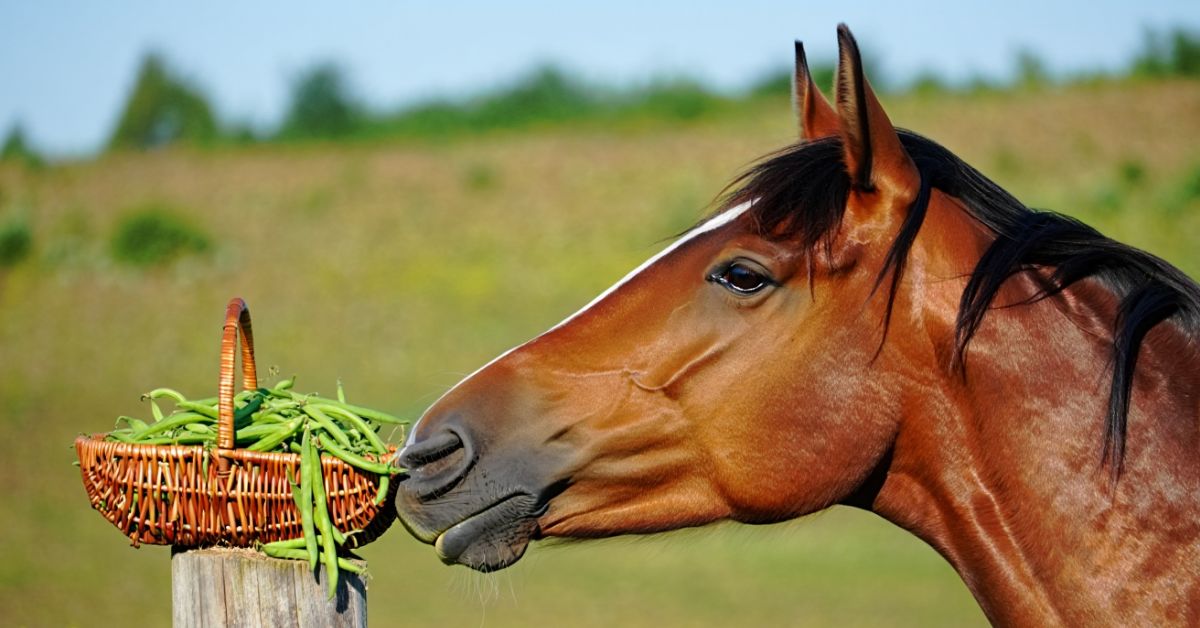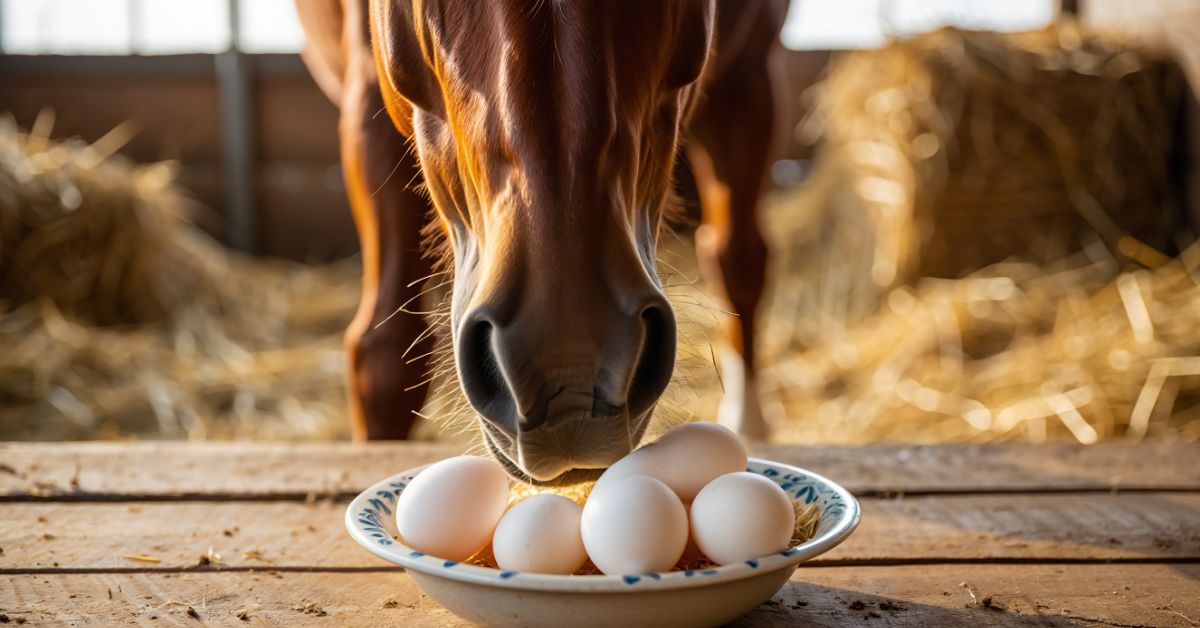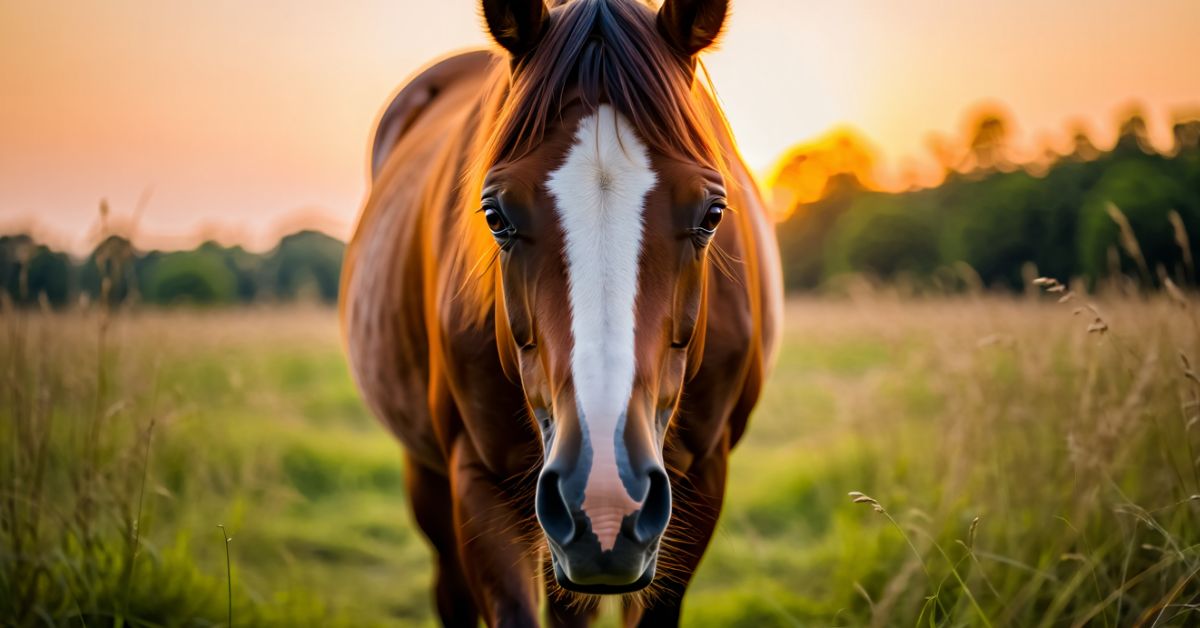
Do Horses Know When They Are Going to Die? Understanding Equine Death Awareness
The question "do horses know when they are going to die" touches the heart of every horse lover who has formed a deep bond with these magnificent creatures. As equestrians, we've all witnessed those profound moments when our horses seem to communicate something deeper than words can express. Equine death awareness is a complex topic that combines science, observation, and the undeniable horse-human bond at end of life.
Research suggests that horses, like many animals, possess an intuitive understanding of their mortality through behavioral changes, communication patterns, and equine emotional intelligence. While they may not comprehend death in the same philosophical way humans do, horses demonstrate remarkable awareness of their physical decline and approaching end. Horse end-of-life behavior often includes seeking comfort from their human companions, changes in social dynamics, and subtle signs of a dying horse that experienced horse owners learn to recognize. Understanding these signs helps us provide better palliative care for horses and make informed end-of-life decisions for horses with compassion and love.
Chapter 1: The Science Behind Equine Death Awareness 🧠
Understanding Equine Cognition and Death Perception
Do horses sense death? Modern veterinary science and animal behavior studies suggest they absolutely do, though not in the way we might imagine. Equine cognition operates on instinctual levels that have evolved over millions of years. Horses are prey animals, which means survival instincts are deeply embedded in their psychology.
Dr. Temple Grandin, renowned animal behaviorist, once said: "Animals live in the present moment, but they can sense changes in their bodies that we might not immediately recognize." This insight perfectly captures how horse psychology works regarding mortality awareness.
Horse intuition manifests through several biological mechanisms:
The limbic system in horses processes emotional information and physical sensations differently than humans. When a horse's body begins shutting down, they experience chemical changes that trigger behavioral responses. Behavioral changes in old horses often include:
-
Decreased appetite and changed eating patterns
-
Altered sleep cycles and resting positions
-
Modified social interactions with herd members
-
Increased seeking of human comfort and attention
The Role of Instinct in Horse Death Awareness
Wild horses demonstrate fascinating instincts of a dying horse that domestic horses retain. In natural herds, dying horses often separate themselves from the group, not out of sadness, but following ancient survival programming that protects the herd from predators attracted to weakness.
Equine sentience research from 2019 published in the Journal of Animal Behavior showed that horses can distinguish between healthy and declining herd members, adjusting their behavior accordingly. This study involved observing 150 horses across different age groups and health conditions over 18 months.
At Dream Horse, we understand how precious these moments become. Our gift for horse lovers collection includes memorial jewelry that honors the eternal bond between horses and their humans, helping you carry their memory close to your heart.
Chapter 2: Recognizing Signs Your Horse Senses Their Final Journey 🔍
Physical and Behavioral Indicators
Signs of a dying horse go beyond obvious physical symptoms. Horse body language becomes more subtle and meaningful as they approach their final days. Experienced horse owners develop an almost psychic connection, recognizing when their beloved companion is preparing for their last journey.
Key behavioral signs include:
-
Changed Communication Patterns: Horses may whinny differently, seek more physical contact, or position themselves closer to their favorite humans
-
Altered Eating Habits: Not just decreased appetite, but selective eating or complete food refusal
-
Modified Rest Behavior: Lying down more frequently, choosing specific locations for rest
-
Social Withdrawal: Gradually distancing from other horses while seeking human companionship
-
Increased Sensitivity: Heightened awareness of environmental changes and human emotions
The Emotional Component of Horse Death Awareness
How horses face death involves complex emotional processing. Equine emotional intelligence research indicates horses experience something analogous to what humans might call acceptance or resignation. They don't fight the dying process the way humans often do.
Horse communication during end-of-life periods becomes incredibly poignant. Many horse owners report their animals seeming to "say goodbye" through prolonged eye contact, gentle nuzzling, or positioning themselves for final moments of connection.
One remarkable case study from Colorado State University's Veterinary Teaching Hospital documented a 28-year-old mare named Stella who consistently sought her owner's presence during her final days of a horse's life. The research team noted that Stella's horse pain indicators decreased significantly when her human was present, suggesting emotional comfort affected her physical experience.
Understanding When Professional Help is Needed
Veterinary end-of-life care becomes crucial when recognizing decline in an old horse. Professional assessment helps distinguish between treatable conditions and genuine end-of-life situations. Is my horse suffering? becomes the critical question every owner must honestly evaluate.
Quality of life for senior horses assessment typically includes:
-
Pain level evaluation
-
Mobility and comfort assessment
-
Interest in food, water, and social interaction
-
Response to treatment and management changes
Our memorial collection at Dream Horse includes pieces specifically designed to comfort horse owners during these difficult decisions. Each piece in our remembrance jewelry line serves as a tangible reminder of the love shared between horse and human.
Chapter 3: The Horse Grieving Process and Mourning Behaviors 💔
How Horses Experience and Express Grief
Horse grieving process challenges many assumptions about animal emotions. Grief in horses manifests through observable behavioral changes that mirror human mourning in surprising ways. When horses lose companions—whether equine or human—they demonstrate clear signs of emotional distress and adjustment.
Do animals know they're dying? Research suggests horses possess awareness of both their own mortality and the death of others. A 2020 study by the University of Edinburgh tracked 200 horses' responses to companion loss, documenting behavioral changes lasting 3-6 months after separation.
Horse mourning behaviors include:
-
Calling or whinnying for lost companions
-
Decreased appetite lasting several days to weeks
-
Changed movement patterns and energy levels
-
Seeking additional human comfort and attention
-
Modified sleeping and resting habits
The Science of Equine Emotional Processing
Equine emotional intelligence research reveals horses process grief through neurochemical changes similar to humans. Stress hormones like cortisol increase initially, then gradually normalize as horses adapt to loss. Horse psychology during mourning involves both instinctual and learned responses.
Dr. Sue McDonnell from the University of Pennsylvania's Veterinary School explains: "Horses form strong emotional attachments that persist beyond physical presence. Their grief responses indicate sophisticated emotional processing."
How do horses show sadness? Observable signs include:
-
Drooping head and ears
-
Reduced interest in surroundings
-
Changes in herd positioning
-
Decreased playfulness or curiosity
-
Altered vocalizations
Supporting Horses Through Loss
Caring for a terminally ill horse extends beyond medical treatment to emotional support. Horses benefit from consistent routines, familiar surroundings, and gentle human interaction during the dying process in horses.
Equine-assisted therapy and death research shows horses helping humans process grief often experience their own emotional benefits. The reciprocal nature of healing creates meaningful connections that honor the horse-human bond at end of life.
Many horse owners find comfort in memorial jewelry from Dream Horse's collection, wearing pieces that symbolize their eternal connection with beloved horses. These tangible reminders help process grief while celebrating the joy these magnificent animals brought to our lives.
Chapter 4: Making End-of-Life Decisions with Compassion 🤝
Evaluating Quality of Life and Comfort
When to say goodbye to a horse ranks among the most difficult decisions any horse owner faces. Quality of life for senior horses assessment requires honest evaluation of physical comfort, emotional well-being, and overall life satisfaction. Horse final moments should ideally occur with dignity, comfort, and love.
Professional veterinary end-of-life consultation provides objective assessment of your horse's condition. Veterinarians evaluate pain levels, mobility, appetite, and overall comfort to help guide decisions. They understand that each horse's situation is unique, requiring individualized approaches to end-of-life decisions for horses.
Ethical euthanasia considerations include:
-
Current and projected pain levels
-
Response to pain management treatments
-
Ability to perform natural behaviors
-
Interest in food, water, and social interaction
-
Overall quality vs. quantity of life
Understanding Natural vs. Assisted Death
Natural horse death occurs when horses pass away without human intervention, following their body's natural shutdown process. Some horses experience peaceful natural deaths, while others may suffer unnecessarily. Horse pain indicators help determine when natural death might involve excessive discomfort.
Euthanasia for horses provides a compassionate alternative when suffering cannot be adequately managed. The procedure, when performed by experienced veterinarians, offers peaceful, immediate relief from pain and distress. Many horse owners find comfort knowing their beloved companion's final moments were free from suffering.
The timing decision often involves recognizing subtle changes in understanding equine behavior. Horses may communicate their readiness through decreased interest in surroundings, seeking isolation, or showing signs of resignation rather than fighting their condition.
Creating Meaningful Final Moments
Horse final moments can become sacred experiences when approached with intention and love. Many horses seem to wait for their special humans to be present, suggesting awareness of the significance of these final interactions.
Creating comfort during final days of a horse's life might include:
-
Maintaining familiar routines as much as possible
-
Providing favorite foods or treats if appropriate
-
Ensuring comfortable resting areas
-
Allowing time for goodbyes from other horses
-
Staying present and offering gentle physical comfort
At Dream Horse, we understand how these final moments become treasured memories. Our memorial jewelry collection helps preserve these sacred connections, allowing horse lovers to carry their beloved companion's spirit wherever they go.
Chapter 5: Coping with Horse Loss and Honoring Their Memory 🌟
Processing Grief and Finding Healing
Coping with horse loss involves understanding that grief is love with nowhere to go. The horse-human bond at end of life creates connections that transcend physical presence, leaving lasting impacts on our hearts and souls. Processing this loss requires patience, self-compassion, and often the support of others who understand the unique relationship between humans and horses.
Grief counselors specializing in pet loss report that horse grief often feels particularly intense due to the physical nature of the relationship—riding, grooming, and daily care create multiple connection points that must be grieved individually.
Healthy grieving processes include:
-
Allowing yourself to feel the full range of emotions
-
Creating memorial rituals or ceremonies
-
Sharing memories with other horse lovers
-
Considering counseling or support groups
-
Honoring your horse's memory through meaningful actions
Memorial Options and Remembrance
Honoring your horse's memory helps transform grief into celebration of the joy they brought to your life. Horse mourning rituals vary widely but often include creating photo albums, planting memorial gardens, or commissioning artwork celebrating your horse's spirit.
Many horse owners find comfort in wearing memorial jewelry that keeps their horse's memory close. Dream Horse's collection includes pieces specifically designed to honor the eternal bond between horses and humans. Each piece serves as a tangible reminder of the love, joy, and lessons these magnificent creatures shared with us.
Memorial options might include:
-
Custom jewelry incorporating your horse's hair or ashes
-
Memorial plaques or stones for burial sites
-
Donations to horse rescue organizations
-
Creating scholarship funds for young equestrians
-
Commissioning portrait artwork
Finding Peace in Eternal Connections
The question "do horses know when they are going to die" ultimately leads us to deeper understanding of consciousness, love, and connection. While we may never fully comprehend how horses perceive mortality, we can observe their grace, acceptance, and the profound ways they touch our lives.
Horse psychology research suggests these animals live more fully in the present moment than humans, perhaps making their awareness of mortality less fearful and more accepting. This teaches us valuable lessons about facing life's transitions with dignity and grace.
As Albert Einstein once reflected: "For us believing physicists, the distinction between past, present and future is only a stubbornly persistent illusion." Perhaps horses understand this truth instinctively, accepting death as simply another transition in the eternal dance of existence.
Frequently Asked Questions About Horse Death Awareness
Do horses actually know when they're going to die?
While horses may not understand death conceptually like humans do, research suggests they sense significant bodily changes and declining health. Equine death awareness manifests through behavioral changes, seeking comfort, and altered social patterns that indicate awareness of their changing condition.
What are the most common signs that a horse senses their end is near?
Signs of a dying horse include decreased appetite, seeking human companionship, changes in sleep patterns, altered communication, and sometimes withdrawing from herd activities. Horse body language becomes more subtle and meaningful during end-of-life periods.
How long do horses typically show end-of-life behaviors?
The timeline varies significantly depending on the horse's condition. Behavioral changes in old horses may appear weeks or months before death, while acute conditions might show signs for only days. Horse end-of-life behavior typically intensifies as the condition progresses.
Should I stay with my horse during their final moments?
Many horses seem to find comfort in their human's presence during horse final moments. If possible and emotionally manageable for you, being present can provide comfort to both you and your horse. However, some horses may wait until alone to pass, which is also natural.
How can I tell if my horse is suffering and needs euthanasia?
Horse pain indicators include labored breathing, inability to rest comfortably, loss of interest in surroundings, and failure to respond to pain management. Veterinary end-of-life consultation provides professional assessment to guide these difficult decisions compassionately.
This article serves to honor the profound connections between horses and humans, acknowledging both the joy and sorrow that come with loving these magnificent creatures. At Dream Horse, we understand that the bond with your horse transcends physical presence, living forever in your heart and memories.
